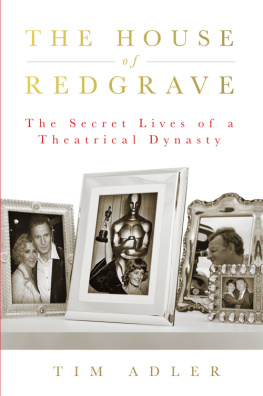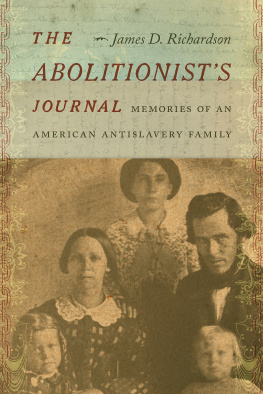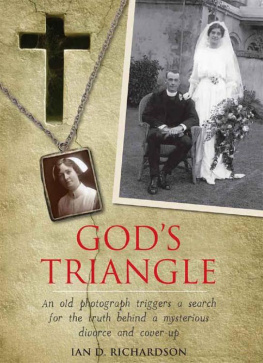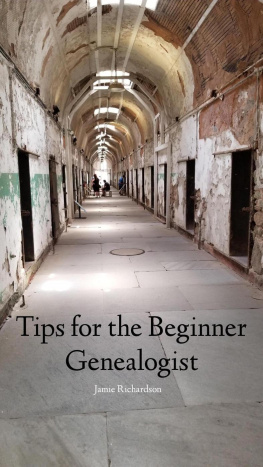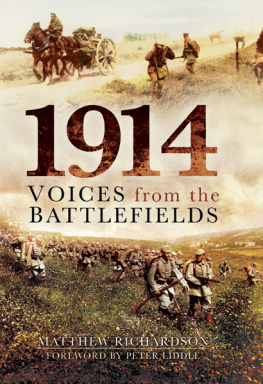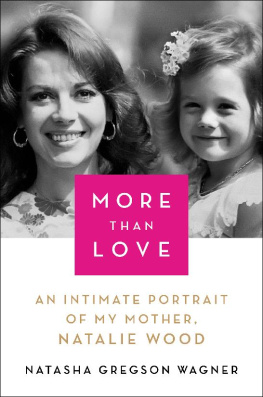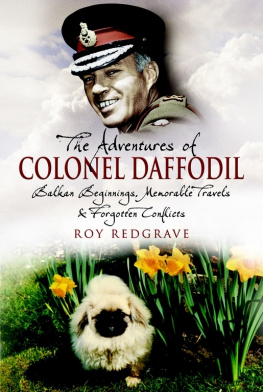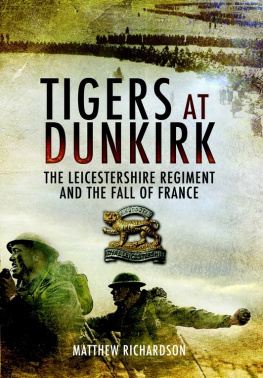
For dear friends
Harriet Wallace-Jones
Adam Cox
Try again. Fail again. Fail better.
Worstward Ho, Samuel Beckett
F irst, I want to thank all those individuals who helped and offered me their advice during the writing of this book. They include Margaret Atwood, Candida Crewe, Hugo Davenport, Mike Downey, Duncan Heath, John Heyman who so generously introduced me to Natasha Richardson Luke G-Jones, Sandra Lousada, Leon Morgan, Patty Mayer, Agns Poirier, Christopher Robbins, Roger Smith and in particular, investigative journalists Anthony Summers and Robbyn Swan, who sat me down after my last non-fiction book and taught me the process of how to write a biography properly. My teacher June Beavers taught me a valuable lesson trying to write this book while holding down a demanding full-time job. Little and often, she would say, which is probably the secret to trying to finish any big project. Nikki Finke, my editor-in-chief at Deadline Hollywood, passed on her secrets for writing entertaining copy every day, I learn something new.
Second, my gratitude extends to all those who agreed to be interviewed about their memories of the Richardsons and the Redgraves: Edward Albee, Dana Brook, Diane Cilento, Nigel Davenport, Tony Garnett, Sandra Lousada, Mike Medavoy, Rita Tushingham, Norman Twain, Baroness Williams and Susannah York. And to others who agreed to speak to me but only on condition of anonymity.
Sean Delaney, chief librarian at the British Film Institute library along with the rest of his staff, was, as always, immensely helpful as were their colleagues at the British Library and British Library Newspapers at Colindale, north London. And thanks also to Erin ONeill at the BBC Written Archives Centre in Caversham.
Graham Coster, my editor at Aurum, gave me insightful notes on the first draft, pushing me deeper to explore why some of the protagonists in this book sometimes behaved in the way they did. My agent Laura Morris was unfailingly cheerful, even when at times I felt Eeyore-ishly overwhelmed by the amount of work left to do.
I want to thank my two sons Jack and Theo for providing me with such happy, simple pleasures: riffing away after coming down off from a hairy ascent of Tryfan (which I think must translate from the Welsh as bastard mountain), Theos cheeky sideways glance as he glided out of Canterbury Cathedral Quire as one of the cathedrals chorister ducklings and Jack laughing his head off surrounded by other teenagers dangling his legs in a swimming pool. I cant wait to find out what happens next.
After some initial correspondence with Vanessa Redgrave and a phone conversation with Natasha, representatives of the Redgraves later made clear the Redgraves would not co-operate with this project. They have not done so, and they do not authorise it in any way.
In writing this book I have tried to be mindful of Vanessa Redgraves own discomfort in reading about herself. Public figures, she has said, must be prepared to cope with all manner of intrusions into their lives and psyches, whether or not they seek out the limelight. It is difficult reading intimate or negative things about oneself. I have also been mindful that the very final words of Vanessas autobiography were, We must know the truth. Quite.
Note
Haddad, George M. Tea With the Red Queen of Hearts, After Dark, October 1978.
Contents
CHAPTER ONE
M ore than seventy years ago, after a Saturday night performance of Hamlet at the Old Vic, Laurence Olivier stepped out on stage from behind the curtain to announce, Ladies and gentlemen, tonight a great actress has been born: Laertes has a daughter. It was the night of 30 January 1937. Backstage, Michael Redgrave was crying as he hugged the bouquets given by members of the cast (he was prone to weeping). Old Vic students had filled his dressing room with blossoms and the note, Loves Labours Not Lost. He weaved his way through the Old Vic corridors with these floriferous tokens, kissing everybody he came across. Meanwhile, Rachel Kempson, the actress whom Michael had married in July 1935, lay recovering in a Blackheath nursing home after her long and painful labour. The couple had already decided to name the baby Vanessa.
But Olivier was not just raising the curtain on one great actress: Vanessas younger brother and sister and both her children would also inherit what Michael described as the divine gift the ability to be spontaneous on stage and screen and to show others what one feels on the inside. Between them, Michaels children and grandchildren would go on to win four Golden Globes, a Tony Award and an Oscar. And its not just on stage and screen that the family has touched others lives: Vanessa and her brother Corin spent years giving a voice to those who didnt share the same privileged upbringing refugees, gypsies and children traumatised by war. Yet just as Prometheus was punished for giving fire to humanity, so the Redgrave family has suffered more than its fair share of the most appalling unhappiness: within just over a year of each other, Vanessas daughter, brother and sister would die. The Redgrave family story is a febrile mix of ambition, controversy and tragedy that for some of them ends in a remote country churchyard, 80 miles north of Manhattan.
Rather than struggle through the snow to be with his wife and child, Michael celebrated the birth at Le Moulin dOr restaurant in Soho.
Michael was having an intense affair with Evans, with whom he had starred in As You Like It (1936). Speaking from experience, he once said that the best advice he could give any prospective Orlando was to fall in love with his Rosalind. The affair with Evans had been going for more than a year before Vanessas birth and began after a year of being married to Rachel. However, Michael didnt have the nerve to tell his wife about the affair with Evans, one of her closest friends, until the late 1970s, when the secret was about to be exposed in a book. Rachel, whom the actress Constance Cummings once compared to a beautiful swan gliding gracefully through adversity, thought it must have been very wonderful for her husband to have been in love with, and in turn loved by Britains greatest actress. Throughout their marriage, she maintained this oddly complaisant attitude.
Michaels infidelity repeated his fathers, in a pattern which would continue in the family. Vanessas grandfather Roy Redgrave is reputed to have had at least one bigamous marriage, possibly two. He got another married woman, Ettie Carlisle, pregnant when he was married to his first wife, Judith Kyrie (ne Ellen Maud Pratt), whom he deserted to be with Michaels mother, Daisy Redgrave, by 1903. Roy could have charmed the birds from the trees, said one contemporary (another family trait). Men loved him and women went mad for him, wrote Daisy.
Vanessas grandparents Roy and Daisy met in the summer of 1907 in Brighton when both were acting in rep. Heart-meltingly handsome, Roy was often billed as The Dramatic Cock of the North. Born in 1873, he was the eldest son of George and Zoe Redgrave and was brought up in the poor south London neighbourhood of Waterloo. George Redgrave was something of a card, describing himself variously as a publican and a billiard table maker. His wife Zoe was only sixteen when they married. Their son Roy carved out a career for himself on the Victorian stage playing splendid heroes, always in sword fights, escaping from burning buildings or being set free by his trusty horse.
Roy never made it into the West End, though. He disdained Shaftesbury Avenue as a closed shop barred to provincial actors, becoming instead a matinee idol in the big suburban theatres of late-Victorian London. Once he even played Hamlet at the Britannia Theatre in Hoxton, a poor neighbourhood in north London. Unlike his granddaughter, who would play Shakespeare in her agonised way, Roy decided to treat the pale Dane as yet another hero. Glancing through his script, he took in the sword-fights, ghosts and derring-do. He didnt bother to read the play itself until he heard a market porter recite some lines. After that, he decided to knuckle down and learn Shakespeares actual words.
Next page
